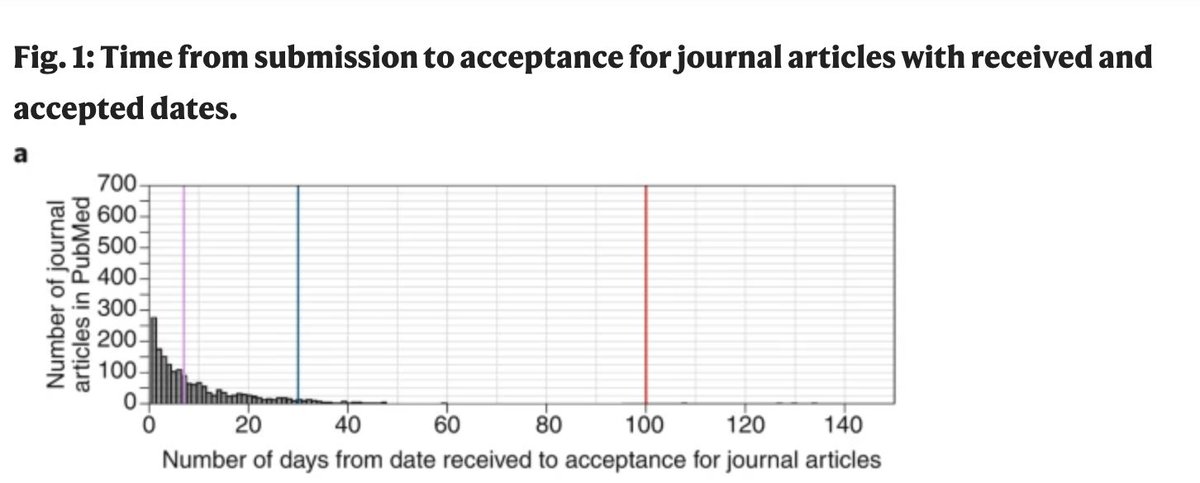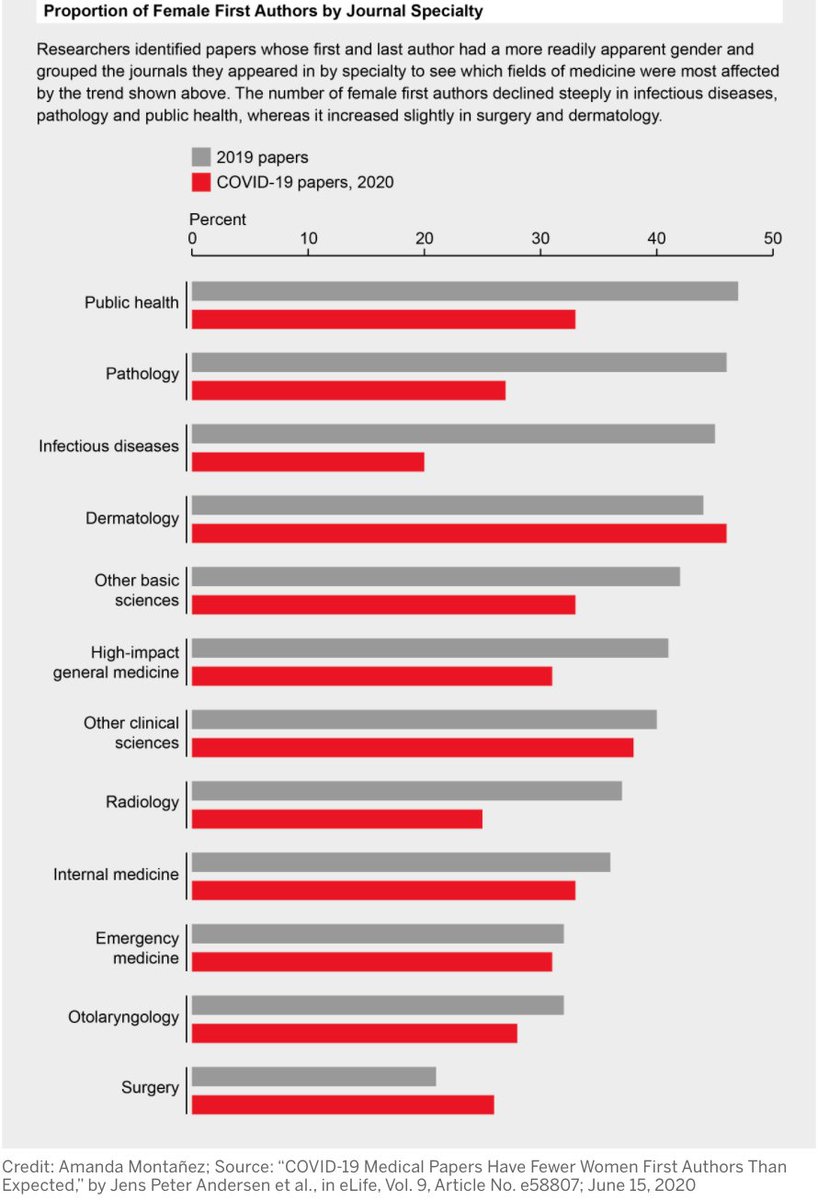0/ I can’t help but track the #innovation process of finding medical #COVID19 solutions. It’s eye opening about science research, but also has predictable themes: info speed, collaboration tech, role of government, unseen impact of the business models, and bias throughout. A  :
:
 :
:
1/ First let’s establish what’s incredible about our COVID science. We can detect the virus via instant testing, we can identify important mutations quickly, and (most importantly) we created multiple vaccines fairly quickly (and they’re groundbreaking in that they use mRNA).
2/ Now let’s acknowledge what isn’t going well about COVID science. We have lots of misinformation being shared, we weren’t prepared even though we had a similar SARS outbreak only 20 years ago, and there’s real gender and racial bias in the system. Let's unpack how and why.
3/ If you only read a single article on COVID science, I would recommend this incredible piece by @edyong209 in @theatlantic. https://www.theatlantic.com/magazine/archive/2021/01/science-covid-19-manhattan-project/617262/
4/ First there was a #transformation of information sharing in scientific research. Please understand how slow it ‘normally’ is due to peer review. The pandemic changed that. Suddenly scientists were sharing a lot before peer review on public servers (called “preprint”).
5/ Preprint had already sped up the timeline between submission and publishing in science journals but COVID dramatically accelerated that timeline. As with all change, there are costs and benefits. This @nature chart shows the changes over time: https://www.nature.com/articles/s41562-020-0911-0/figures/1
6/ Speed is essential in a crisis. Preprint unlocked new ways scientists work across boundaries, like using @SlackHQ for #collaboration. This ensures comparability, minimizes redundancy and maximizes transparency. My favorite is (obvi) The Wu-han Clan: https://www.sciencemag.org/news/2020/02/completely-new-culture-doing-research-coronavirus-outbreak-changes-how-scientists
7/ But Preprint also means people see & share what isn’t true. A poorly executed study led to the #hydroxychloroquine hype. It was refuted w/ data over time but the diligence needed to stall or correct reporting was absent. Still... this is more from #fakenews than bad science.
7.5/ It’s too much to unpack here but there’s big disruption in science publishing (led by Sci-hub, ‘the Napster of Science Articles’). The biz model of science journals may encourage #fakenews (the absurd anti-vax movement emerged via a false study and took 12 yrs to retract).
8/ But why did we have to hurry for research? Scientists said a pandemic will come from a respiratory virus after SARS 20 yrs ago. This is the impact of Pharma business model: not enough money could be made in #coronavirus vaccines between SARS & COVID19. http://www.nbcnews.com/health/health-care/scientists-were-close-coronavirus-vaccine-years-ago-then-money-dried-n1150091
9/ Biz models control #innovation more than ever. If all innovations in history are about a) survival, b) navigation or c) convenience (an oversimplified but enlightening rubric), you can see that humanity is more focused than ever on convenience  .
.
 .
.
10/ With incentive, survival #innovation happened FAST. #COVID19Vaccines are incredible because they're mRNA (potentially more potent & faster to make). But there were big challenges balancing delivery w/ the right level of immune response. It was solved in just 11 months!
11/ What’s often overlooked in #innovation are the legs of the relay before crossing the finish. Vaccine came via decades of government help. The NIH, Defense Dept and federally backed academic labs provided the ingredients, then the final $10B+ to finish. https://www.scientificamerican.com/article/for-billion-dollar-covid-vaccines-basic-government-funded-science-laid-the-groundwork/
12/ People are always surprised to hear about government’s role in #innovation. They thank Google, Apple or Amazon for smartphones, AI or autonomous vehicles, etc but the core tech often has roots in government (GPS FTW). https://www.hpe.com/us/en/insights/articles/five-groundbreaking-inventions-funded-by-the-US-government-2010.html
13/ Then the private sector can commercialize and scale upon that foundation. Today, we wouldn’t have a vaccine *available* if not for @kkariko, the scientist leading the mRNA work that was critical to help get us across the finish line at BioNTech. https://www.brandeis.edu/now/2021/january/rosenstiel-covid-vaccine.html#.YAoixgGVNQI.twitter
14/ Yet the odds were against her. People are surprised to hear human bias exists in technological & scientific work- like it must be an exception. It's not! Women scientists have been the most negatively affected by COVID (after a history of gender bias). https://en.unesco.org/news/covid-19-and-impact-women-scientists
15/ Because women carry a disproportionate burden of parenting & household duties, they're becoming less likely to be able to do core scientific research we need. Alarmingly, they are decreasing as first AND last authors of science papers as a result. https://www.scientificamerican.com/article/women-in-science-may-suffer-lasting-career-damage-from-covid-19/
16/ What are lessons re #innovation from #covid19 science? 1 Understand the role of government in the relay race. 2 Strengthen childcare systems to maximize all human contributions. 3 Educate people (esp. media) to demystify how data analysis & collaboration works (ie, messily).
17/ In summary, COVID science #innovation is a typical but still amazing story. It’s humans at our best, but also our worst. And it’s underpinned by invisible forces that involve government funding & private business model incentives. If we see them, we can help more people. 


 Read on Twitter
Read on Twitter



